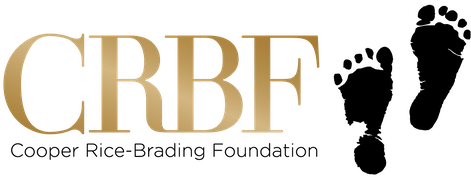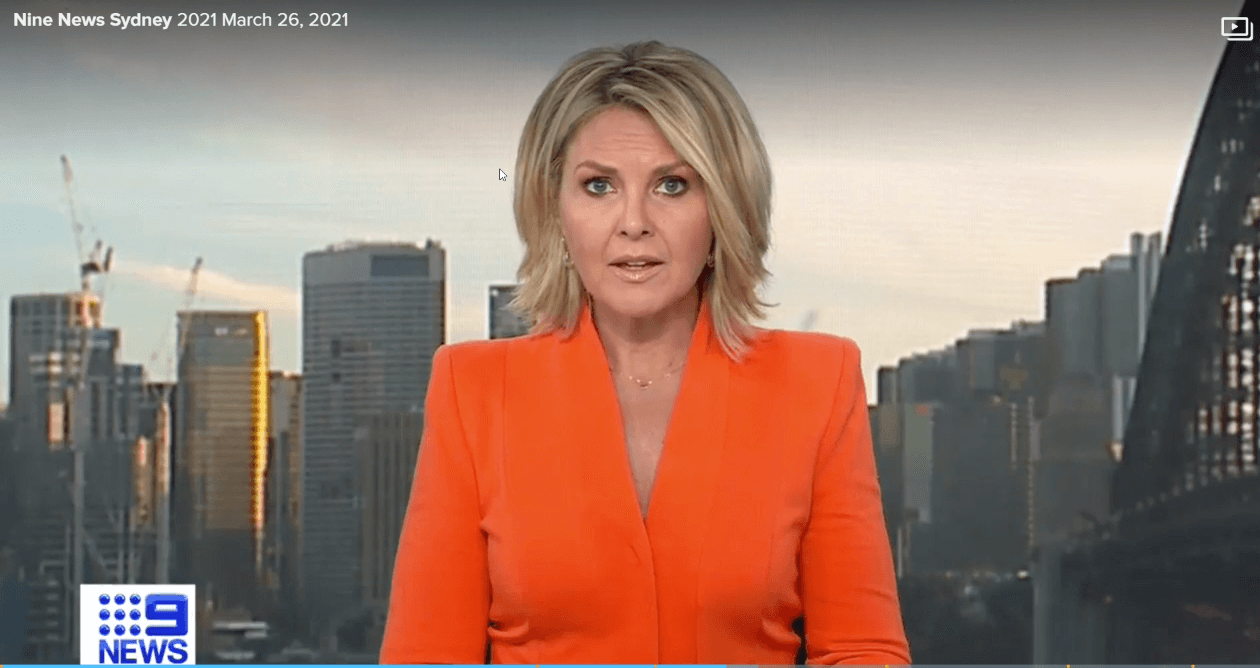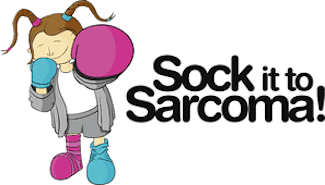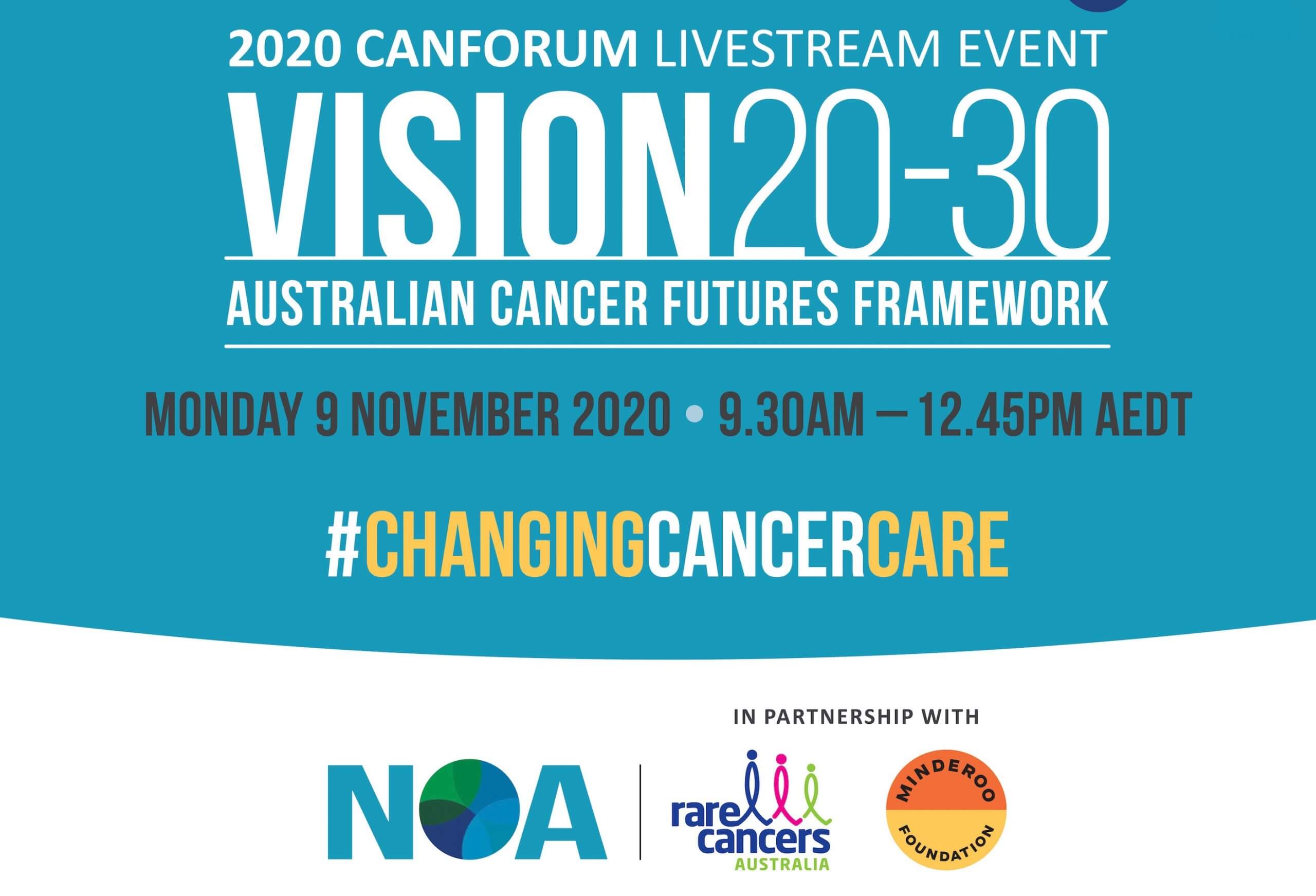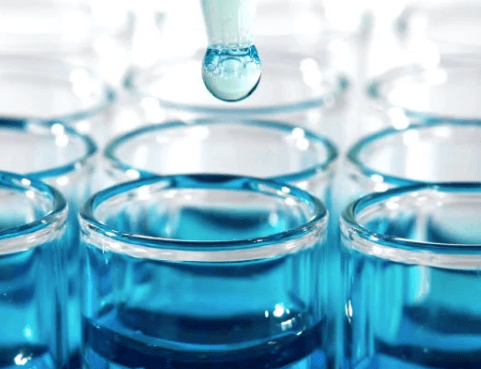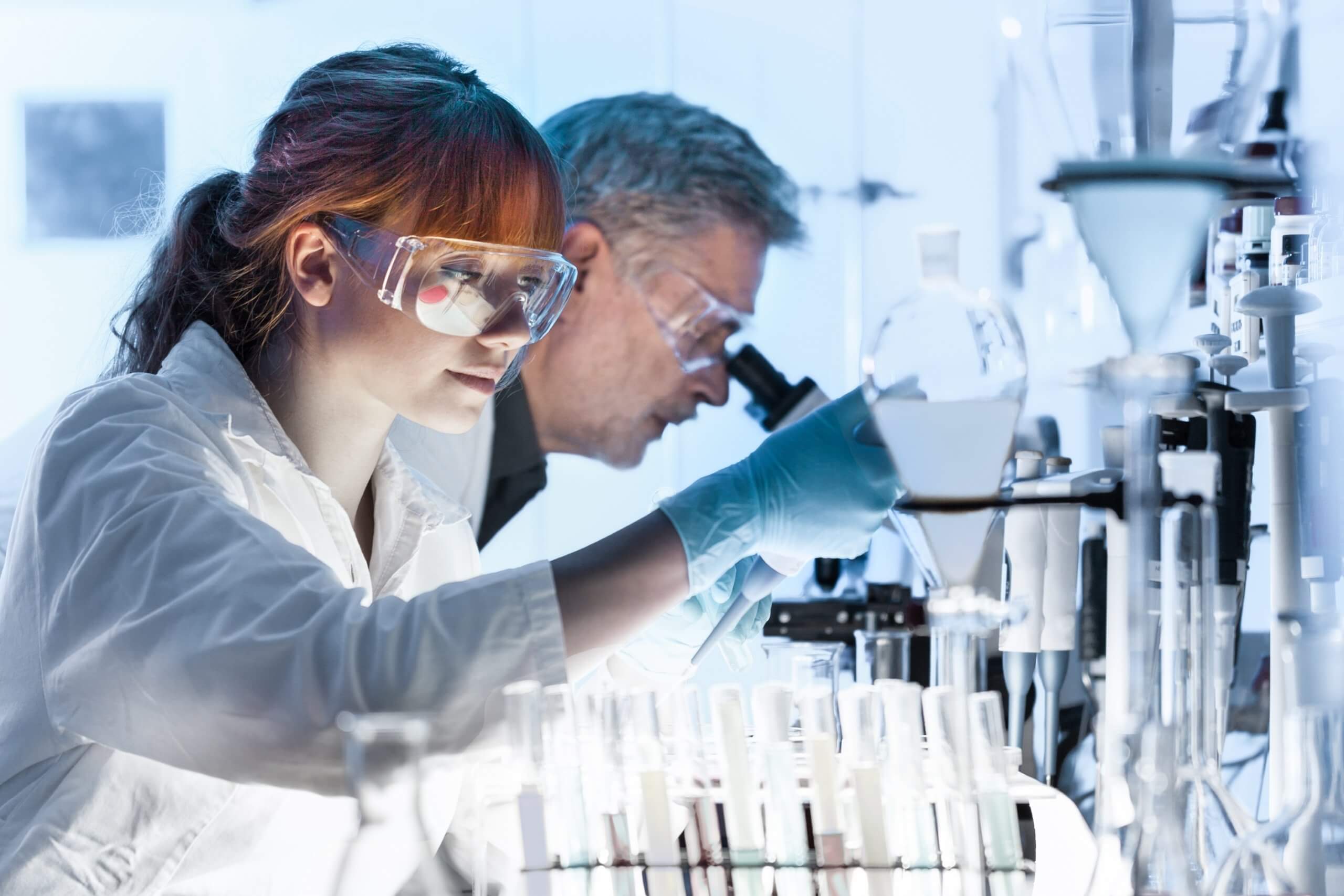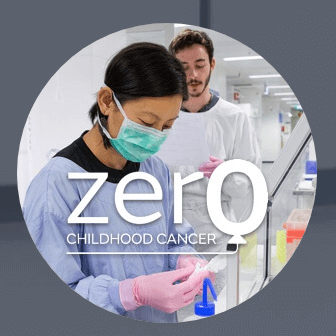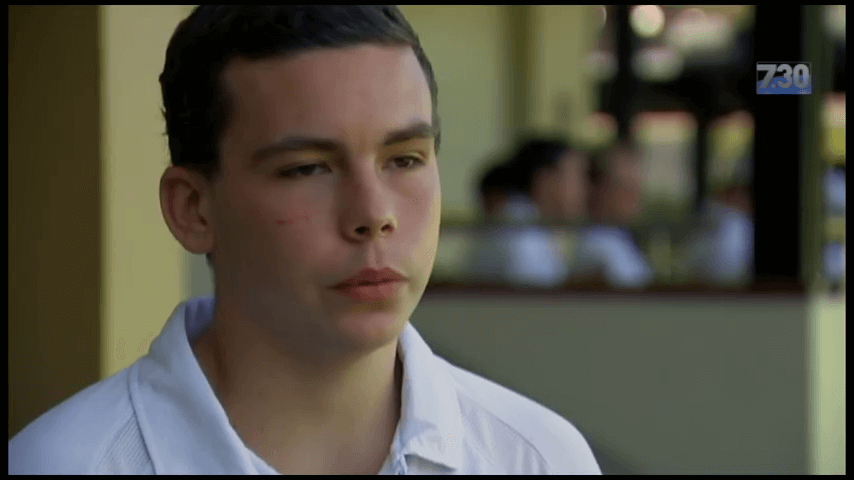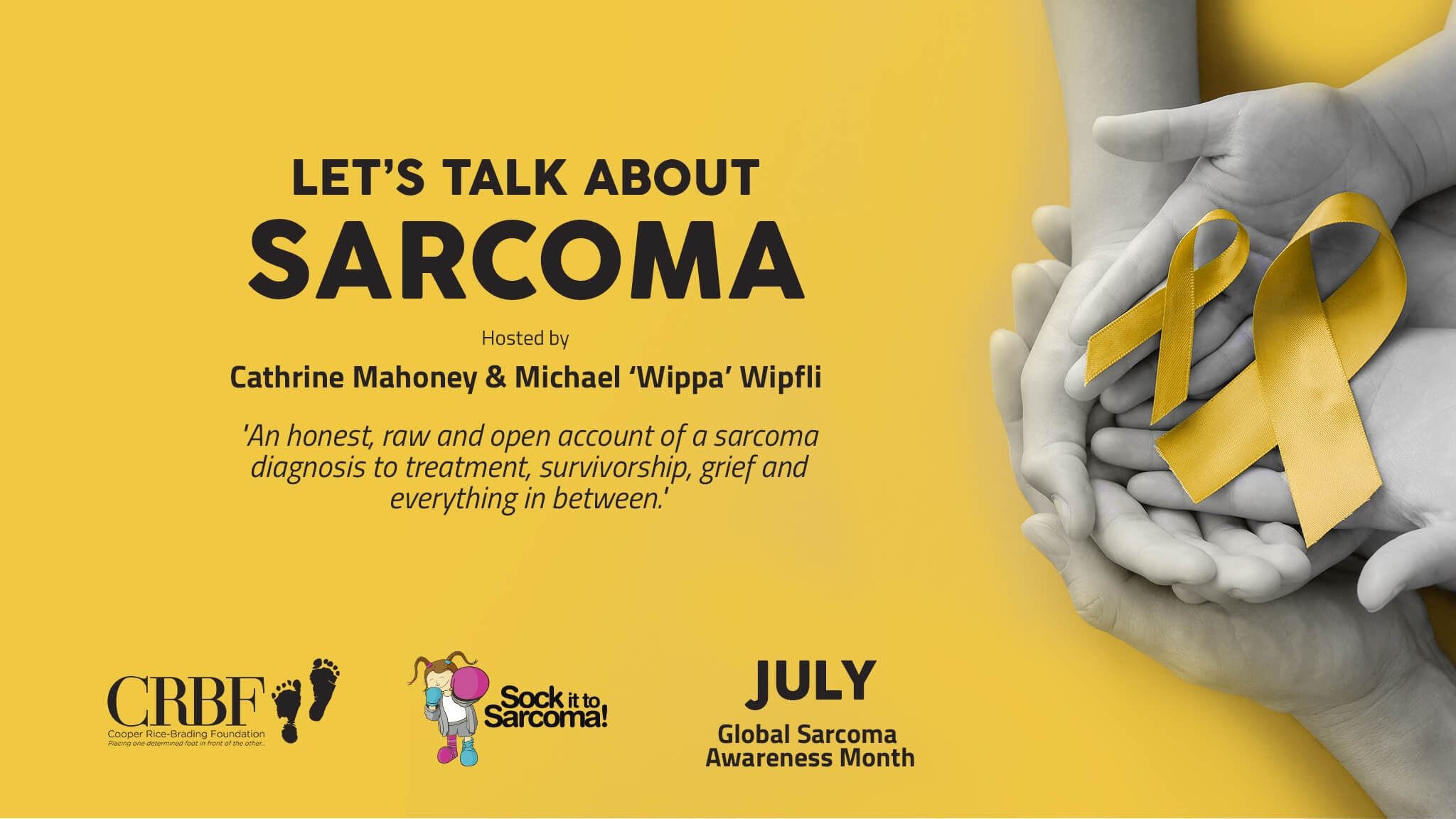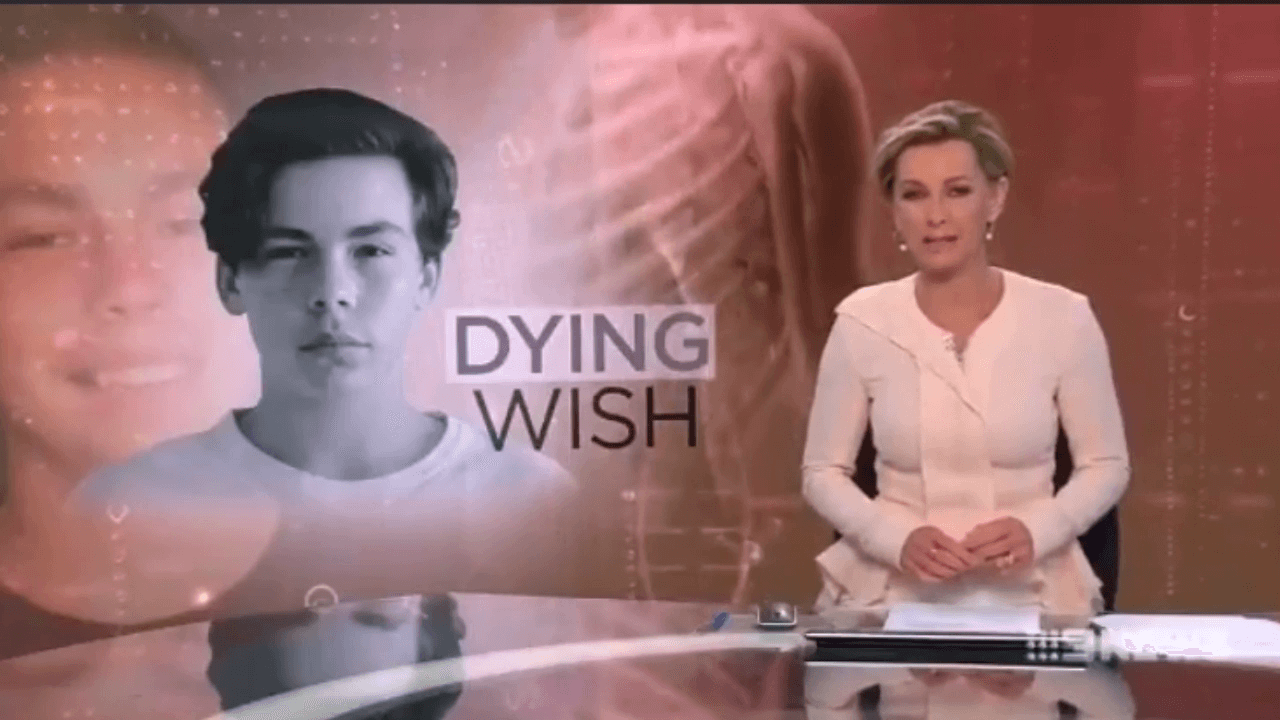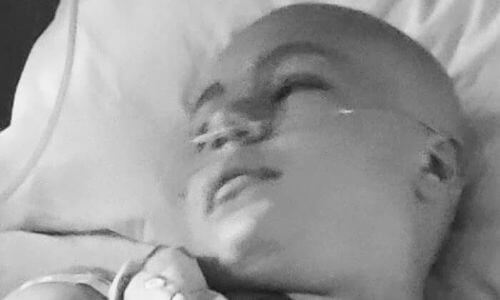World-first clinical trial targets immune molecule IL23 as potential treatment for sarcoma
Sydney researchers are testing whether an existing medication could be repurposed to treat sarcoma.
Garvan team leading IL23 sub-study (clockwise from top left) Dr Maya Kansara, Prof David Thomas, Dr Mandy Ballinger, Dr Frank Lin, Keith Thornton, Dr Subo Thavaneswaran, Dr John Grady
Media Release: 26 March 2021
Recruitment is now open for a national clinical trial that will test whether an existing therapy for psoriasis can help treat patients with sarcomas, which are rare cancers arising in the connective tissues (bone, muscle, tendons, nerves, fat, cartilage and blood vessels) and may occur anywhere in the body. In particular, the trial focuses on osteosarcoma, a rare but aggressive form of bone cancer that most commonly affects teenagers and young adults.
The phase II clinical trial, which is a collaboration between the Garvan Institute of Medical Research, Omico (the Australian Genomic Cancer Medicine Centre) and the University of Sydney’s NHMRC Clinical Trials Centre, will investigate if treatment with a drug targeting the immune molecule IL23 could improve outcomes for sarcoma patients.
The new trial is the first globally to test a new anticancer pathway for sarcoma. It is supported by the Cooper Rice-Brading Foundation, the Australian Government, the NSW Office of Health and Medical Research, SunPharma, The Kids’ Cancer Project, the Matthew Fisher Sarcoma Research Fund and the Daniel Allchin Race for a Cure, and brings new hope to those affected by sarcoma.
“This immunotherapy trial is part of our national Molecular Screening and Therapeutics (MoST) trials program, and will be open in at least eight centres nationally,” said study chief investigator Professor David Thomas, Head of the Genomic Cancer Medicine Laboratory at Garvan, Director of The Kinghorn Cancer Centre and CEO of Omico.
“Sarcomas are aggressive cancers with few treatment options. For osteosarcoma in particular, there have been few advances in treatments for this form of cancer in four decades. We hope that this clinical trial, which will investigate if treating patients with a sarcoma with a medication currently in use for another condition will have anti-cancer effects.”
Immunotherapy for osteosarcoma
Sarcomas are rare cancers of connective tissues such as fat, muscle and bone. They particularly affect the young, with osteosarcoma, or bone sarcoma, among the ten most common cancers affecting Australians between ages 15 to 29.
The five-year survival rate for sarcomas remains as low as 65%, while options for patients with incurable disease are very limited.
The new clinical trial follows an earlier study that demonstrated the immune molecule IL23 is central to the development and progression of soft-tissue and bone sarcoma in animal models. By targeting IL23, the study authors were able to successfully shrink osteosarcoma tumours in mice.
“Our previous research showed us that when we blocked IL23 in mice with osteosarcoma, their tumour growth slowed,” said Dr Maya Kansara who leads the Immunobiology of Cancer Group at the Garvan Institute.
“We hope that our promising pre-clinical results will translate to improved clinical outcomes in osteosarcoma patients.”
The trial, opened to enrolment this month, will examine how patients with advanced osteosarcoma and soft tissue sarcomas respond to the anti-IL23-targeting treatment. It is a single-arm, open-label phase II trial design which means all 32 sarcoma patients planned to be recruited will receive the treatment.
“If we see promising signs from this initial study, we believe that targeting IL23 may play a role in the treatment of many cancer types,” said Professor Thomas.
Robert Beech-Jones, Chairman of the Cooper Rice-Brading Foundation, said “CRBF is delighted to have the opportunity to support this highly significant research. We thank Professor David Thomas and Dr Maya Kansara and the highly accomplished team behind this research, for the hope this world first study provides to sarcoma patients. This exemplifies the high level research Cooper envisaged this Foundation would support.”
For further information about the clinical trial [ACTRN12620000984998] please see the eligibility criteria. To register interest for the trial please contact the NHMRC Clinical Trials Centre, University of Sydney on most@ctc.usyd.edu.au or 02 9562 5000.
Declaration: This clinical trial is being supported by the Australian Government, the NSW Office of Health and Medical Research and SunPharma. There are no conflicts of interest. The clinical trial is being sponsored by the University of Sydney and is being conducted under the Australian CTN scheme. The research has ethics approval from St Vincent’s Hospital Human Research Ethics Committee.
Media contact:
Dr Viviane Richter, Senior Marketing and Communications Officer, Garvan Institute, v.richter@garvan.org.au
